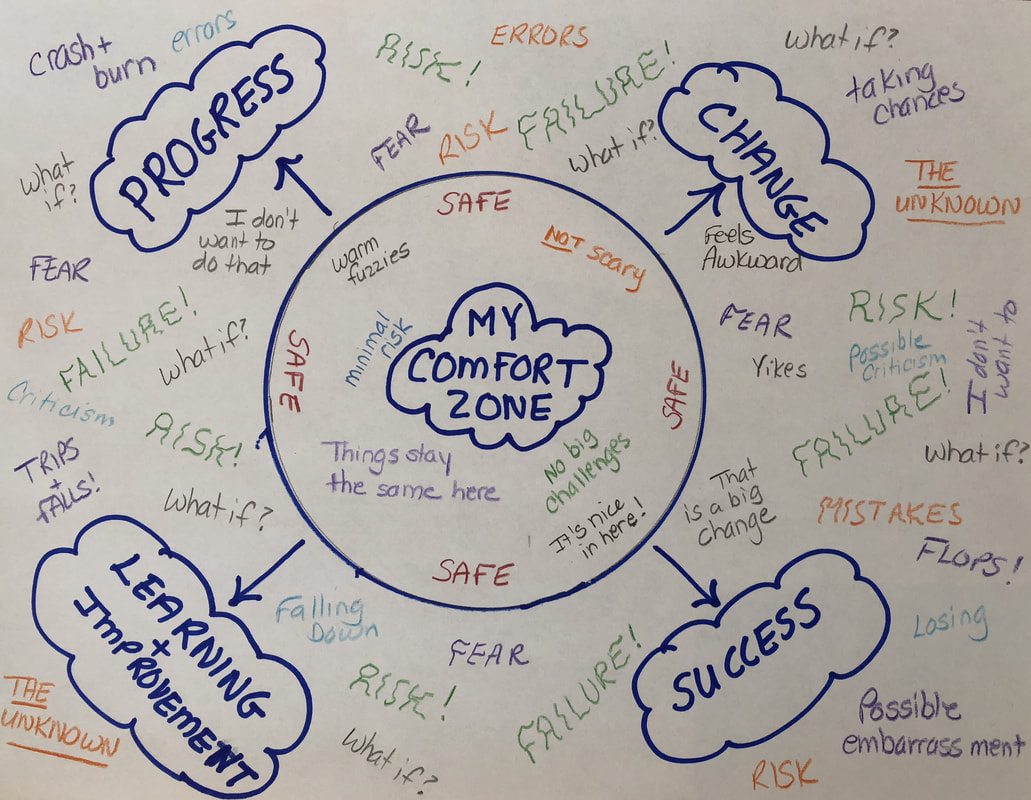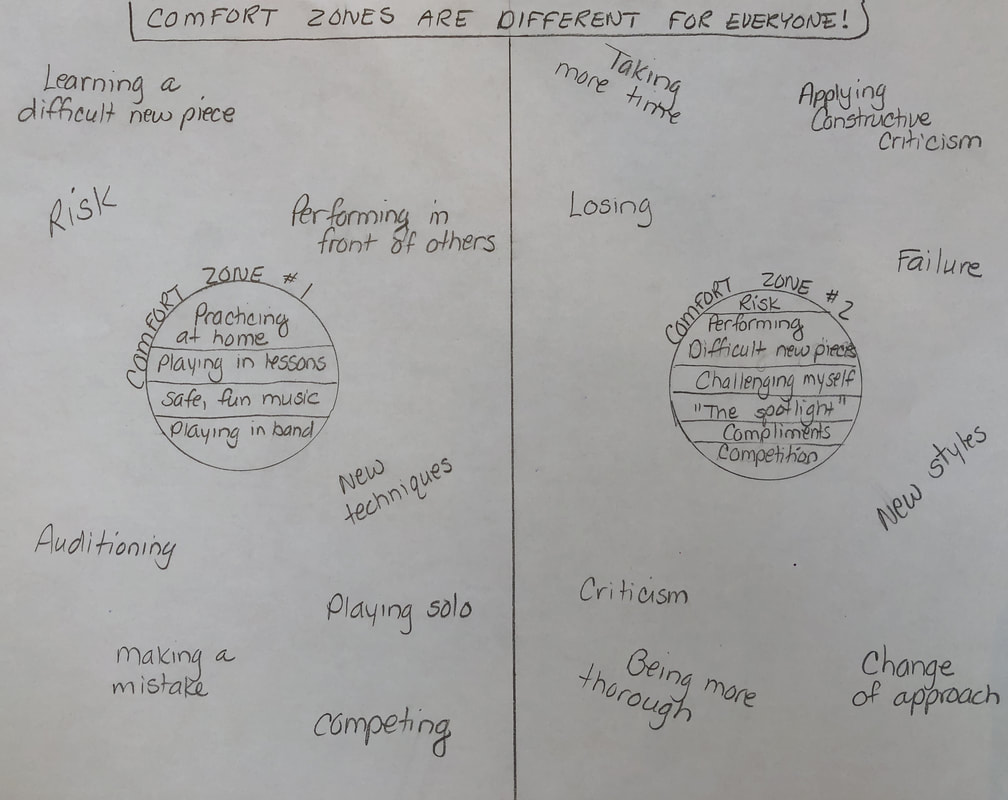I was burnt.
For the past decade, I honed my sights on family and sanity and began a new phase in my life. My desire was to consolidate my efforts and to eventually stop living the itinerant life. I slowly shaved off my performing priorities until I had them down to just the ones that meant the most to me. I reduced my student load to a manageable number. I began to look ahead to how I'd want my life to look in the next decade or two and to work toward that.
I eventually entered a position on staff at the Springfield Symphony. I loved being organized, working with great people, and using my brain in a new and different way. I knew fairly quickly that the role of orchestra librarian was not a job that would “grow” with me and that one day I would move on but I was content where I was for the time being, and not ready to make any changes just yet. I felt like I was well on track for the Next Phase of My Life.
Then Covid happened. Furlough happened. Then much-too-long-furlough happened. No performing in sight happened. (Mid life was already happening.)
So much for the music. So much for my carefully laid plans. Major priority shift.
I had all the feels: missing music, missing my colleagues. But also re-assessing my desires. Did I want to keep up with this, something so fragile that it disappears except for when the world is at its most robust? It seemed so daunting to keep reinventing myself for a new world; to find new ways to make a living in the musical realm. I had been revamping myself musically over and over again my entire life. I wasn’t “hungry” for a career anymore like I was when I was in my twenties.
I considered letting music go completely. I knew I would "bow out" someday in the future, and had been mentally preparing for that (eventual) reality, but I wanted to go out on my own terms. I did not want it stripped away from me before I said it was time. I was filled with questions regarding what level I needed to play at to continue to be fulfilled, and whether playing anywhere just for the sake of playing would be good enough.
After accepting the first gig that came my way during the pandemic, I discovered definitively that I didn’t “just love” music so much that I didn't care how or where I played it. I didn't want to play just anywhere; I yearned for the thrill of a great collaboration. So at least I had an idea how I would carve my future endeavors if I could.
I began looking with earnest for another way to make a living. I can’t even count the number of jobs to which I applied. I started out being picky, and soon learned that this was not going to be an easy task. It seemed that everyone else was also looking for work. After countless applications, I received a handful of interviews. I was a finalist for a few, but the sticking point was that my experience was “outside the industry.” I applied for everything I could think of, but sometimes there were literally hundreds of applicants for one small job. It seemed so hopeless that I could have lost my career as a musician due to Covid and be rejected so soundly by other industries just because I was a musician. It seemed like my life's work and my ability to serve my family's needs were emphatically squashed and rejected as irrelevant.
I just needed someone to look outside the box, outside the words on my resume, and to give me a chance.
A chance finally came my way when I was hired as Director of Member Services for the CT River Valley Chamber of Commerce. My ability to connect with people as an artist and educator translates easily to this role, and all the administrative skill I have is quite useful. I am working seven (SEVEN!!) minutes from my house. I am meeting a tremendous amount of incredible new people. I have some license for creativity in my job (see video below). My schedule is, well, kind of normal.
I had always been intensely prideful of my abilities to make a living solely from musical endeavors, and had always viewed needing a “day job” as a personal sort of cop-out, but I see now how wrong I was. Why was keeping my former crazy-nuts schedule appealing to me? Maybe the lesson I needed to learn was that being frantic for the sake of saying I am a musician and nothing else is no longer of value to me, nor is it a necessary part of my identity.
Does it mean I have copped out? I’m washed out? Done? Not a real musician anymore? Hell no.
It means I am adapting. Surviving. Thriving. Making lemonade out of lemons. Honing my skills. Bringing new skills to the table. Creating a new possibility for my future. Swinging that door to the world wide open. Going for it.
I know so many long-time musicians have entered a similar season in their careers, and know that I am not alone. I am embracing change, while keeping true to who I am inside. I endeavor to keep music in my life in a way that produces joy, but vow not to be afraid to keep it in a new and different way. Having it taken away from me for a long period of time taught me that music is a part of me, but does not define everything about me. I understand that my skillset is expansive; too expansive to pigeon-hole into a the small world of music. I have much to offer. It’s ok now to offer myself out to other parts of the world. This experience will not limit me; it will only bring more perspective to my artistry. I’ve got this.
If you are struggling with this new season in your artistic life, you’ve got this too. If you've gotten yourself a "day job" for the first time in your life, good for you! You are being innovative and supporting your continued musical endeavors. You are NOT giving up. Sending you my love and support. Always.


 RSS Feed
RSS Feed